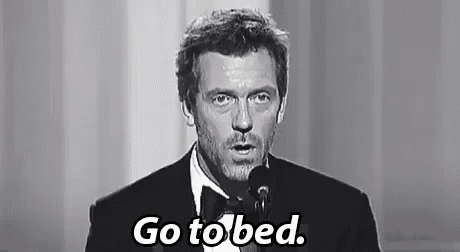Sleep deprivation is not a badge of honor — it’s linked to everything from obesity to cancer.
Lenten Campaign 2025
This content is free of charge, as are all our articles.
Support us with a donation that is tax-deductible and enable us to continue to reach millions of readers.
Ah, sleep. Like all mothers, I have a love-hate relationship with it. That is, I love it when it’s happening and hate it when it doesn’t happen.
Most of us feel this way, but one of the earliest lessons I learned when my children were young is that to be a true grown-up, one must forego sleep and be cheerful about it. So I reluctantly (oh, so reluctantly) let go of my insistence that I needed 8 hours of sleep to function and began allow my sleep to be cut by an hour, then two, then three.
But I was always tired, scatterbrained, and forgetful. Some of this is inherent in my personality, true — I could probably sleep 10 hours a night and be scatterbrained and forgetful. But perhaps not as scatterbrained and forgetful. More alarmingly, it seems that I was doing serious damage to my health by giving up sleep to parent effectively, according to sleep scientist Matthew Walker. Walker is the director of the Center for Human Sleep Science at UCLA, and he recently told the Guardian just how dangerous our ideas about sleep are:
“If there is one thing I tell people, it’s to go to bed and to wake up at the same time every day, no matter what. I take my sleep incredibly seriously because I have seen the evidence. Once you know that after just one night of only four or five hours’ sleep, your natural killer cells – the ones that attack the cancer cells that appear in your body every day – drop by 70%, or that a lack of sleep is linked to cancer of the bowel, prostate and breast, or even just that the World Health Organisation has classed any form of night-time shift work as a probable carcinogen, how could you do anything else?”
Walker didn’t set out to study sleep — he started off studying dementia patients. But he failed to make any progress until he realized that some types of dementia were attacking centers of the brain that had to do with controlled sleep, so he set up a sleep lab to monitor the brainwaves of dementia patients while they slept.
The results opened up the floodgates for sleep research. He found that sleep could be a new early diagnostic litmus test for different subtypes of dementia. But sleep deprivation (defined as anything less than seven hours per night) has a cascade of consequences far beyond dementia — it’s implicated in heart attack, stroke, diabetes, obesity, cancer, immune disorders, aggression, addiction, and bipolar disorder.
That is a hefty price to pay on the altar of “adulting.” Sure, sometimes sleep deprivation is inevitable — newborns and sick kids don’t run on a clock. But sacrificing sleep to emails, business, or even television (no matter how great that TV is!) is not a responsible choice. It’s a horrible one.
So let’s just drop the idea that sleeping less is some kind of badge of honor, shall we? It’s not. It’s not increasing our productivity, either — it’s shortening our lives. Next time someone tells you that no one “needs” 8 hours of sleep per night, tell them that everyone does. In fact, it’s doctor’s orders.









